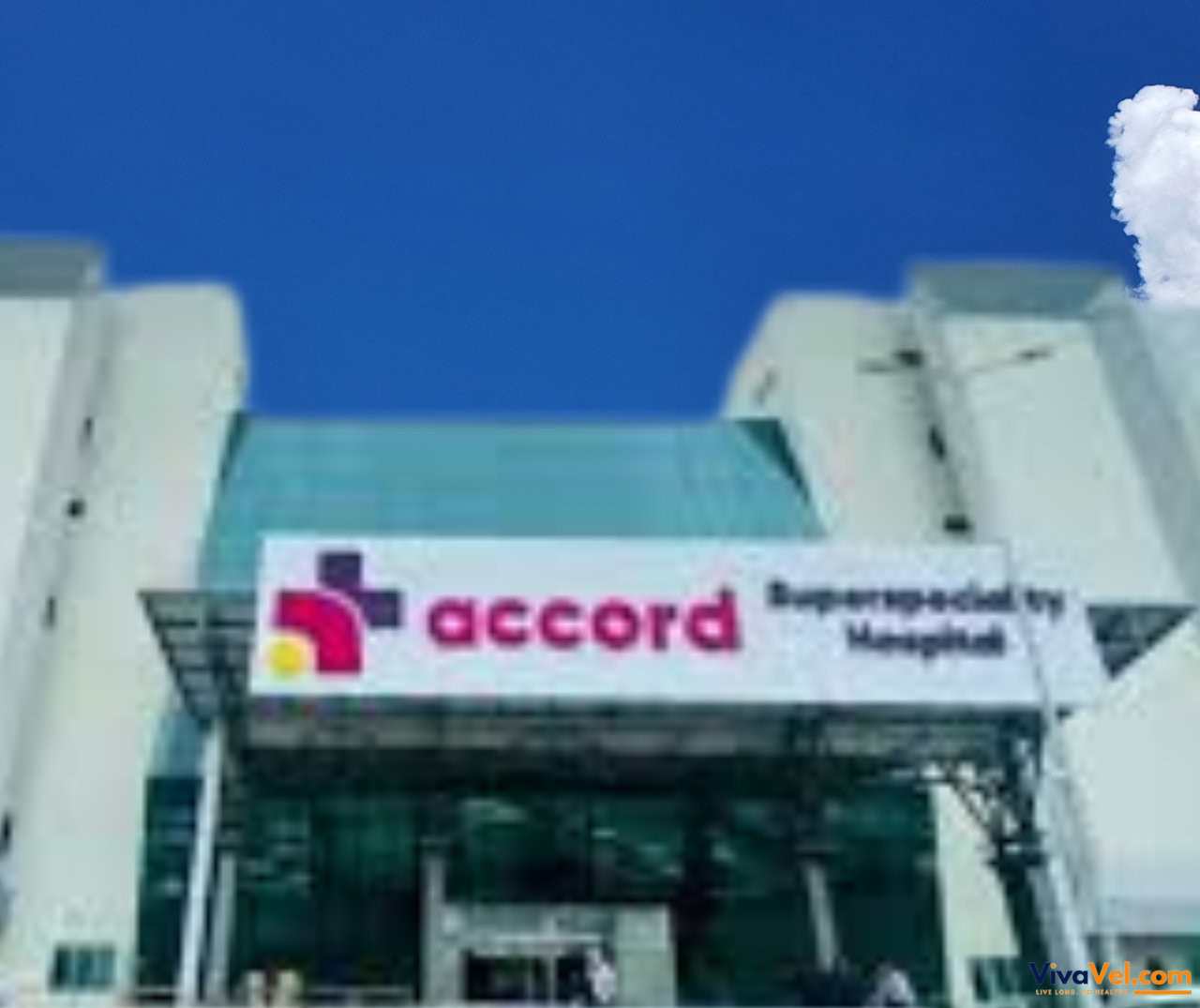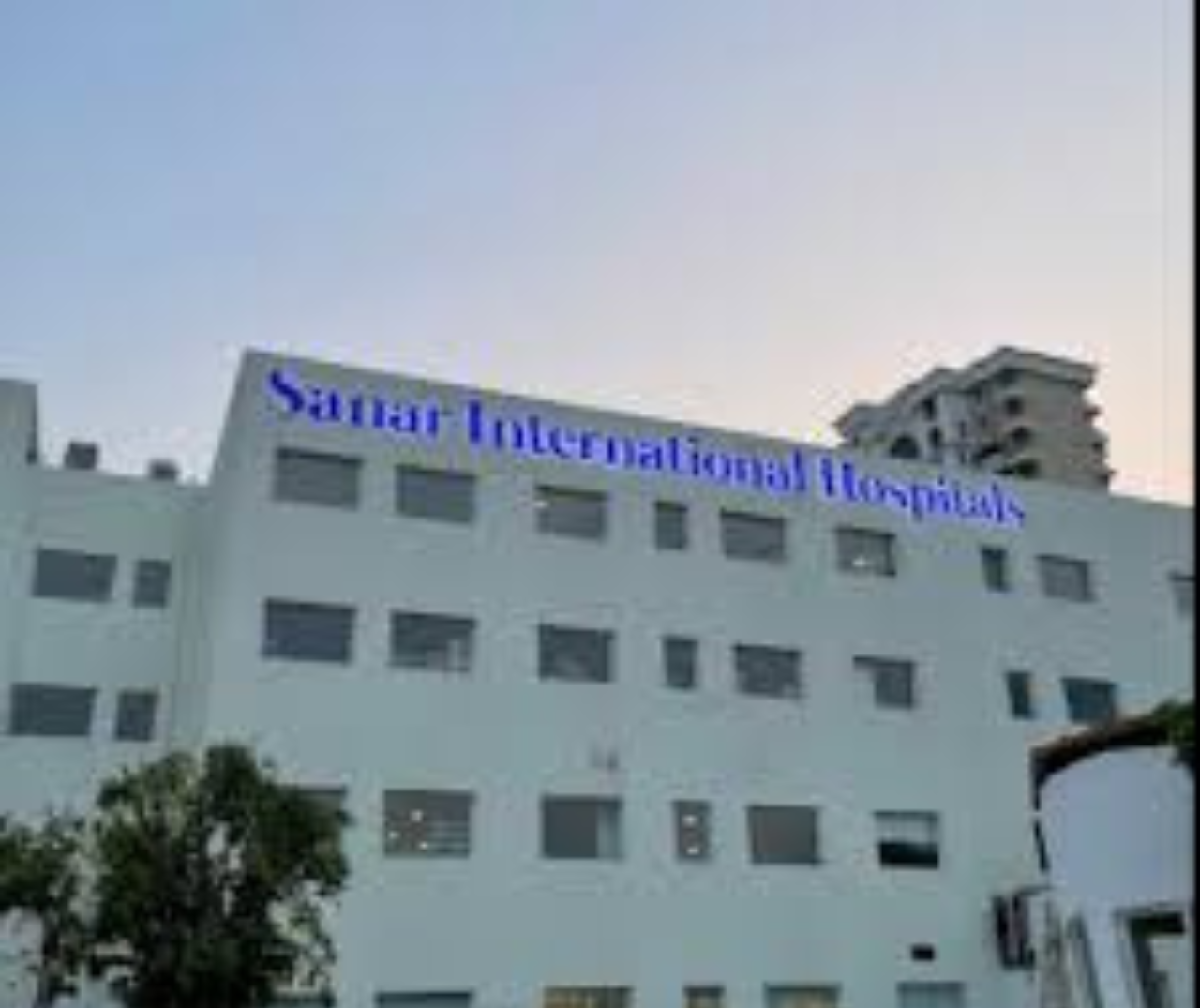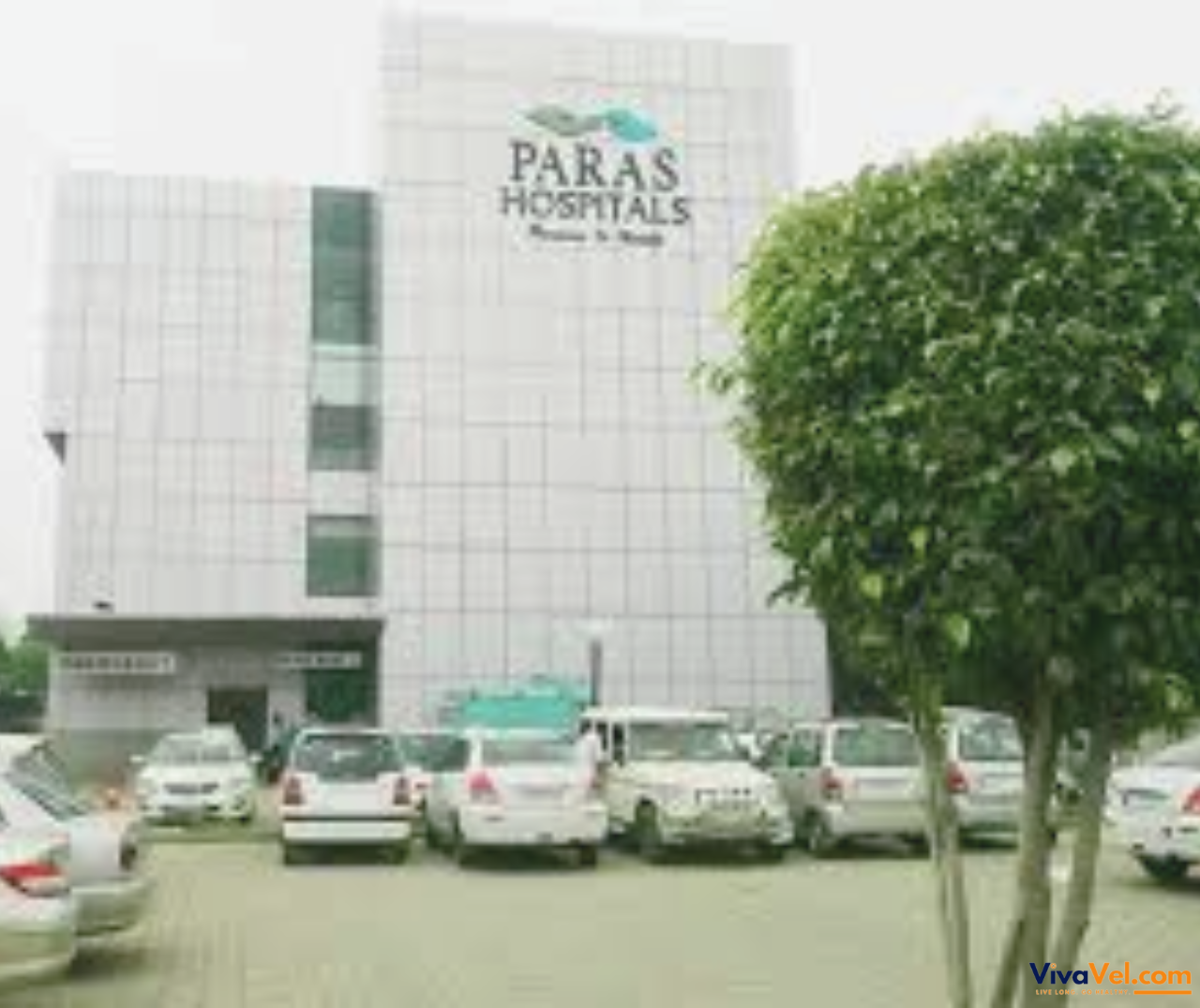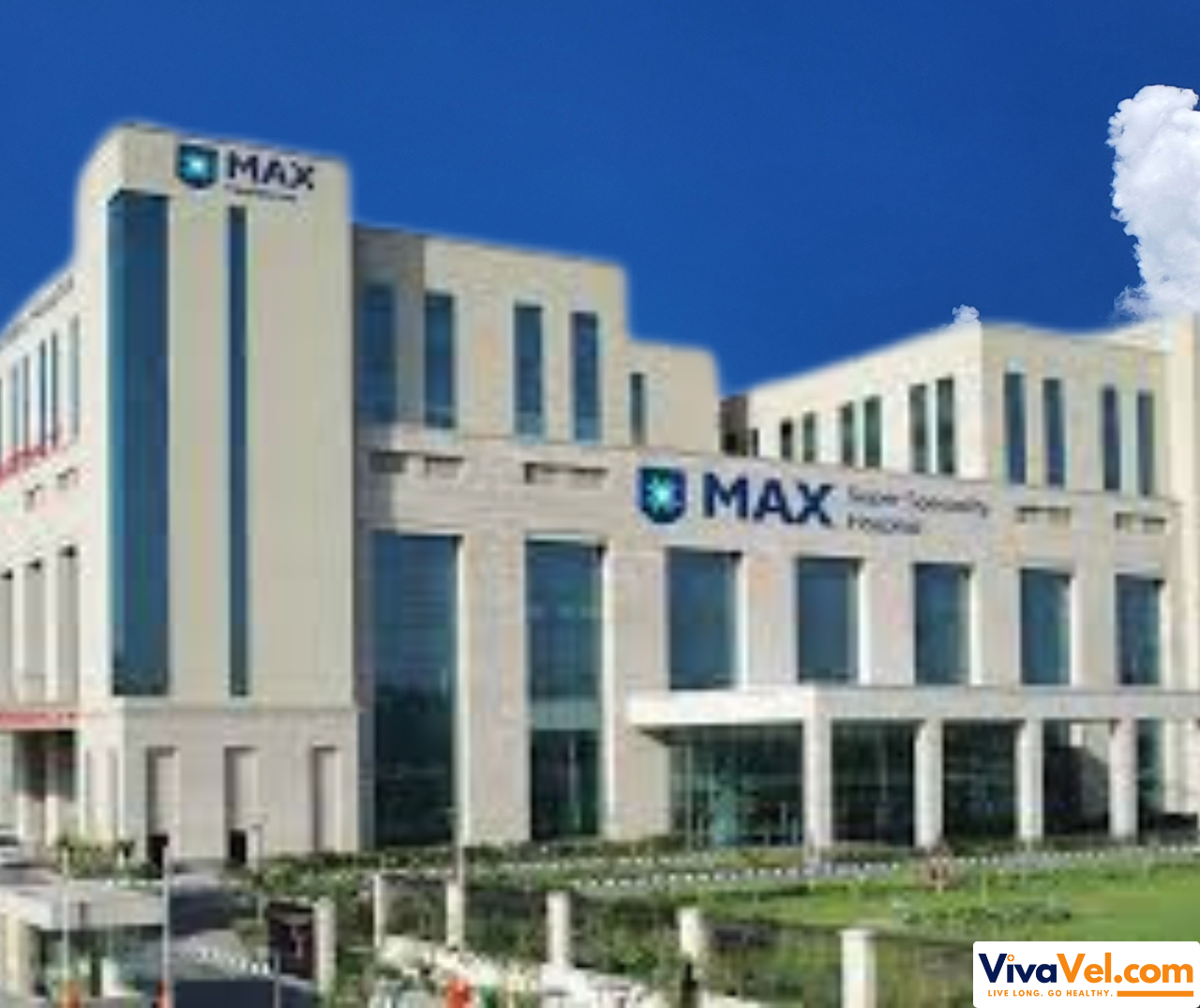info@vivavel.com
+919818262686
+919818262686
 info@vivavel.com
info@vivavel.com +919818262686
+919818262686Radical nephroureterectomy is a surgery used to treat severe conditions, often cancer, in the kidney and ureter. The procedure involves removing the entire kidney, which is the organ that filters blood to produce urine. Along with the kidney, the surgeon also removes the ureter, which is the tube that carries urine from the kidney to the bladder. Sometimes, a part of the bladder may also be removed if the cancer has spread to that area. Before the surgery, doctors perform various tests to ensure the procedure is proper.
The surgery is usually done under general anesthesia, so the patient is asleep and pain-free. The operation can be done through a large incision in the abdomen or through smaller incisions using a method called laparoscopy. After the surgery, patients will need time to recover, including a few days in the hospital. Pain and discomfort are joint but can be managed with medication. The recovery time varies from person to person but typically involves a few weeks of rest.
Following the surgery, regular check-ups are essential to monitor for any signs of cancer recurrence or other complications. This surgery is often a crucial step in treating cancers of the kidney or ureter, and it can significantly improve the patient's quality of life if the tumor is successfully managed.
 People who may need a radical nephroureterectomy often have symptoms related to kidney or ureter cancer, including:
People who may need a radical nephroureterectomy often have symptoms related to kidney or ureter cancer, including:

 Radical nephroureterectomy is usually performed for:
Radical nephroureterectomy is usually performed for:
 You should seek medical attention if you experience:
You should seek medical attention if you experience:
 Before a radical nephroureterectomy, doctors may use various tests to diagnose and assess the condition:
Before a radical nephroureterectomy, doctors may use various tests to diagnose and assess the condition:
Imaging tests:
 Do's:
Do's:
 Don'ts:
Don'ts:
NOTE:
Our medical content authors have diligently gathered and synthesized information on this topic to offer valuable insights to our readers. Drawing from a range of reputable medical journals and health resources, this content aims to enhance understanding of the subject. It's important to remember that while this information is informative, it should not replace personalized consultation or treatment from a qualified physician. For further details, please refer to our Editorial Policy.
For this topic, our authors used some of the following resources:





![]() Pusa Road, Radha Soami Satsang, Rajendra Place New Delhi, 110005 India
Pusa Road, Radha Soami Satsang, Rajendra Place New Delhi, 110005 India



![]() Budena Village, Sector 86, Faridabad, Haryana 121002, India
Budena Village, Sector 86, Faridabad, Haryana 121002, India



![]() Golf Course Rd, Parsvnath Exotica, DLF Phase 5, Sector 53, Gurugram, Haryana Gurgaon, 122022 India
Golf Course Rd, Parsvnath Exotica, DLF Phase 5, Sector 53, Gurugram, Haryana Gurgaon, 122022 India



![]() C-1, Sushant Lok- 1, Sector-43, Phase- I, Gurugram, Haryana, 122002
C-1, Sushant Lok- 1, Sector-43, Phase- I, Gurugram, Haryana, 122002



![]() Mussoorie, Diversion Road, Dehradun, Uttarakhand 248001
Mussoorie, Diversion Road, Dehradun, Uttarakhand 248001


Dr. Jitendra Kumar is a famous name in nephrology and is renowned as the top kidney specialist in Faridabad, India. He completed his DM (Nephrology) at the Sanjay Gan...

Dr. Narula has received numerous prestigious awards, including the Air Marshal Ajit Nath Award, Maj Gen Amir Chand Award, Chief of Naval Staff Award, Best Officer Award, and ...

Dr. Sanjeev Gulati is an Executive Director in the Department of Nephrology & Kidney Transplant and previously worked as an Additional Professor in Nephrology at Sanjay G...

Dr. Paresh Jain is the director of urology and has over 16 years of rich experience. He specializes in Laparoscopic Urology, Endourology - URS, PCNL, RIRS, TURP, Lase...

Dr. Akash Gupta is a renowned nephrologist and kidney transplant specialist in New Delhi. He is an Associate Consultant in Nephrology at Escort Fortis and brings over...

Dr. Sonal Dalal is a highly respected nephrologist in Ahmedabad. She is renowned for her extensive experience and expertise in kidney-related ailments. She se...
Treatment Plan & Cost within 2 days
